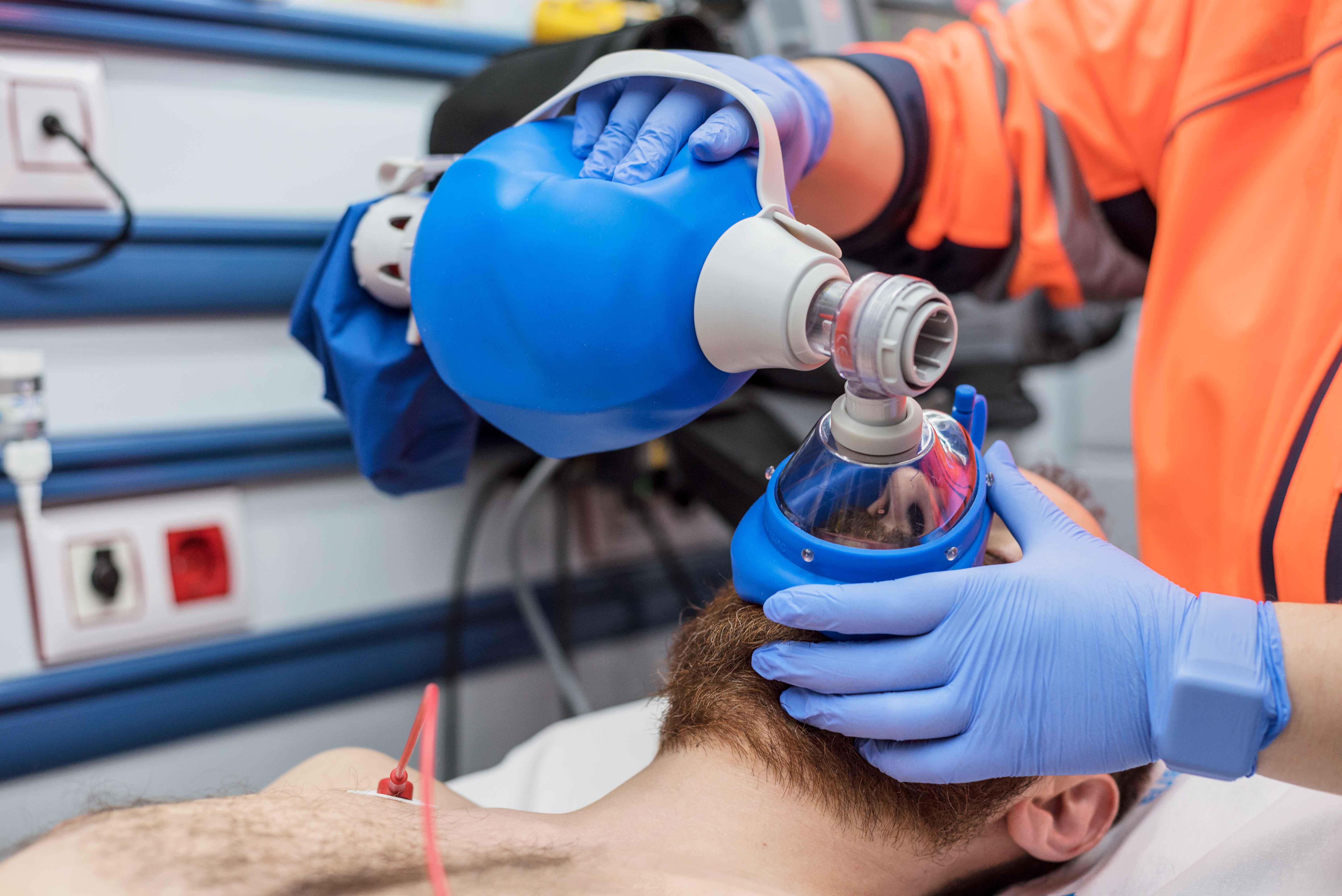Online CME Credits Physicians Can Get Easily

Continuing medical education (CME) can be presented in many forms, and physicians often have to pick and choose options that support their busy schedules. Whether you’re satisfying your CME credits using case studies, simulation, or something more traditional like a conference, these time-consuming options are professional obligations you can’t circumvent.
While some of these activities deliver networking opportunities, lectures from leading industry experts, or seminars on the latest medical research, there are many mandatory topics that shouldn’t require a flight and a hotel. Online CME credits for areas like substance abuse disorder (SUD) screening, mandatory reporting, cultural awareness, and prescribing practices can all deliver high-quality training in critical areas from any screen.
The explosion of online learning content for physicians is a testament to the level of convenience and flexibility it delivers for busy healthcare professionals. But which courses will fulfill your obligations, and which areas offer the most value? We’re answering these great questions and many more about how physicians can make the most of online CME credits.
Accredited CME Meets the Highest Standards
The educational content within a CME activity must meet a certain standard to be accredited and validated by healthcare institutions. For physicians, that means the online CME course must be listed as category 1 CME.
Additionally, only organizations that meet AMA (American Medical Association) and ACCME (Accreditation Council for Continuing Medical Education) standards and requirements may offer courses that are advertised as accredited CME. Following the requirements and standards identified by these organizations guarantees that the CME activities are free of commercial influence, independent, and supportive of learning focused on improvements in healthcare.
For instance, Premiere works jointly with Partners for Advancing Clinical Education (PACE) to award AMA PRA Category 1 Credits. Although Premiere offers courses for many different industries, you will see AMA PRA Category 1 Credit(s)™ on any content that’s valid for physicians. This ensures CMEs will be accepted by nearly any institution unless there are employer-specific requirements surrounding online learning.
What Types of Category 1 CME Can You Get Online?
There are numerous online CME credits available to physicians looking to leverage the flexibility and convenience of online learning. The courses are often self-paced, and materials can be accessed in full the moment you pay. They incorporate content for a wide range of learning styles and some can be reviewed as many times as necessary for a full year.
There is also a wide range of topics that are particularly well-suited for online CME credits. Here are some of the most valuable areas physicians should consider when exploring online coursework.
Victim Identification and Reporting
Human trafficking currently stands as the second most lucrative international crime across the globe, representing a multi-billion dollar industry sustained by victims being hidden in plain sight. Significant challenges exist with the identification and rescue of human trafficking victims, and healthcare professionals are invaluable frontline allies.
The abuse and neglect of adult and pediatric patient populations is also an unfortunate reality when working in healthcare. As mandated reporters, physicians must be familiar with the signs and symptoms of abuse and neglect and be comfortable with how to respond when faced with an abusive situation.
Best Practices in Prescribing
Safe prescribing practices have become a hot topic over the last couple of years, and nationwide challenges like the opioid epidemic have made it obvious that the industry’s approach to pain management needs to change. Stepping away from the prescription of controlled substances and moving in the direction of alternative pain management concepts has allowed the industry to regain an appreciation for safety while supporting patients through their pain-related challenges.
Federally mandated DEA controlled substance training is a key CME requirement that can be easily fulfilled online. This training ensures physicians comply with the law and follow best practices for chronic pain management.
Mental Health
It is estimated that more than one in five adults in the U.S. lives with a mental illness that can fall anywhere on the spectrum from mild to severe. As a result, even physicians who don’t specialize in mental health face a high likelihood of encountering patients for whom these challenges either directly or indirectly impact their healthcare experience.
Coursework focused on substance use disorders can increase the understanding and effective management of SUD and discusses the health burden and cost that it imposes on providers. Eating disorders are often underrecognized, underdiagnosed, and undertreated. Coursework on topics like anorexia and bulimia teaches physicians to understand the common presentations, statistics, implications, and treatments of these debilitating conditions both as primary and secondary factors.
Depression is one of the most common mental health disorders observed in the U.S., and despite its prevalence, depression in postpartum populations can be especially challenging to recognize and manage. Postpartum depression in mothers and fathers identifies risk factors and describes the impact on families while promoting a collaborative interprofessional management approach.
Start Exploring Online CME Credits
Fulfilling your education obligations as a working physician can be tough, and online CME credits are making it easier than ever for busy healthcare professionals to maximize their time and resources. Premiere offers high-quality ACCME category 1 credits on a wide range of important and required topics. All of Premiere’s content is created by industry experts and is accepted by healthcare institutions across the country.
Start exploring what Premiere can offer physicians seeking online CME credits by visiting our course library.
Latest Posts


.png)


.jpeg)
